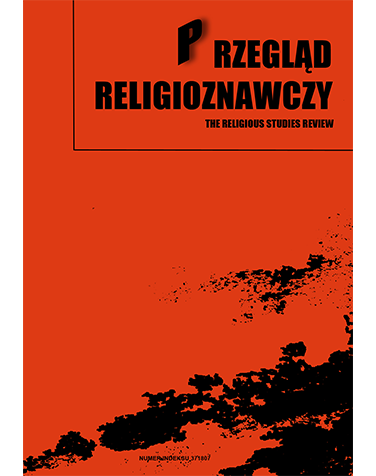Obrazy współczesnej religijności w przekazach medialnych ze Światowego Spotkania Rodzin w Dublinie w 2018 r.
Słowa kluczowe:
Światowe Spotkanie Rodzin, relacje w mediach, symbolika, liturgia, Buttiglione, MartinAbstrakt
Światowe Spotkania Rodzin to spotkania katolickich rodzin z całego świata z papieżem, organizowane przez Papieską Radę ds. Rodziny. Inicjatorem tych spotkań był papież Jan Paweł II. Odbywają się co trzy lata, a każde jest poprzedzone międzynarodowym sympozjum teologiczno-duszpasterskim. Głównym celem zwoływania przez papieża Światowych Spotkań Rodzin jest prowadzenie dialogu, ukazywanie roli rodziny w ewangelizacji i umocnienie tożsamości rodziny. Światowe Spotkania Rodzin są uznawane za jedną z najważniejszych inicjatyw duszpasterskich Jana Pawła II.
Pobrania
Opublikowane
2019-07-30
Numer
Dział
Artykuły
Jak cytować
Obrazy współczesnej religijności w przekazach medialnych ze Światowego Spotkania Rodzin w Dublinie w 2018 r. (2019). Przegląd Religioznawczy – The Religious Studies Review, 1/267. https://journal.ptr.edu.pl/index.php/ptr/article/view/101
